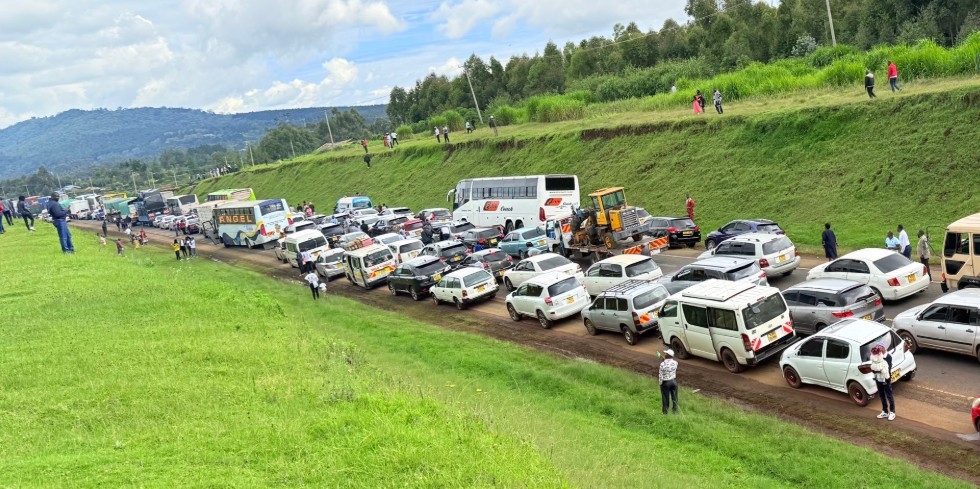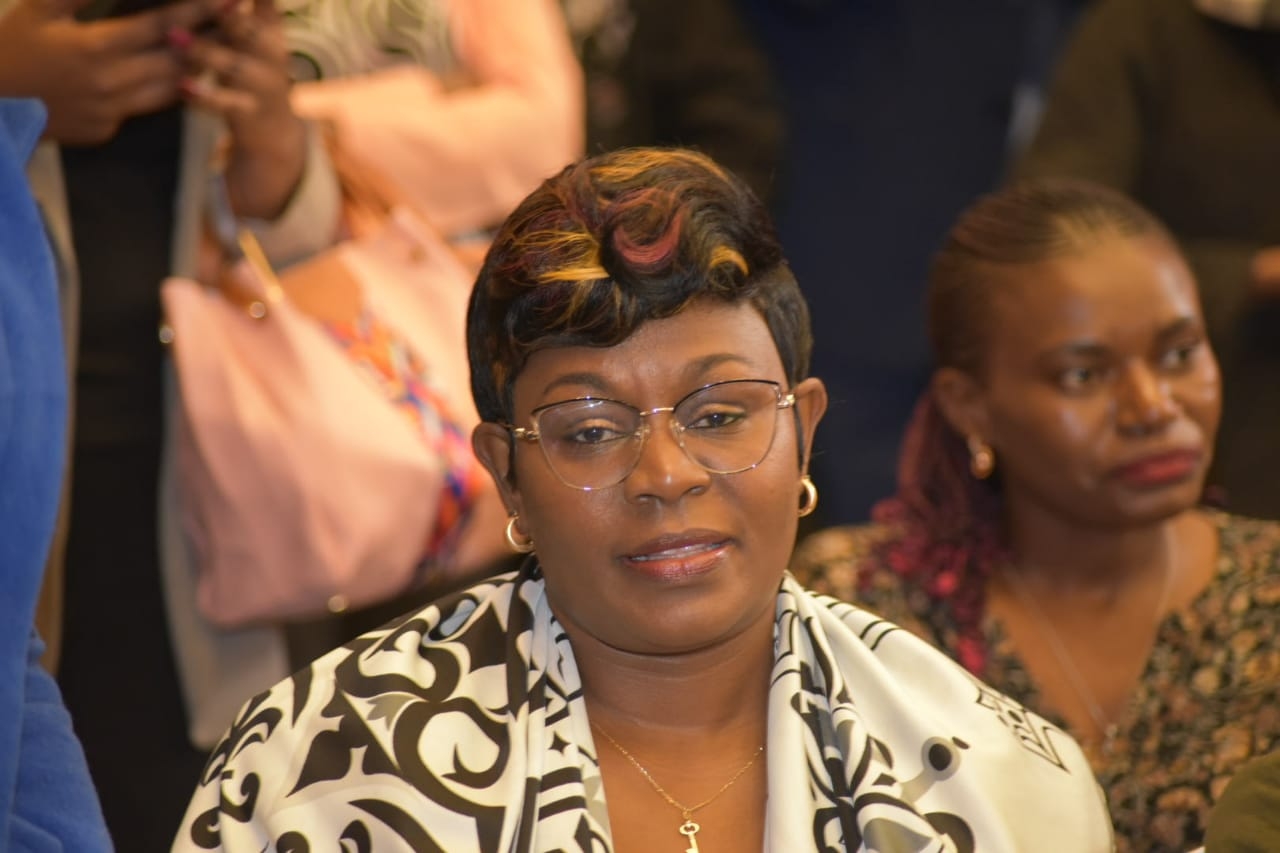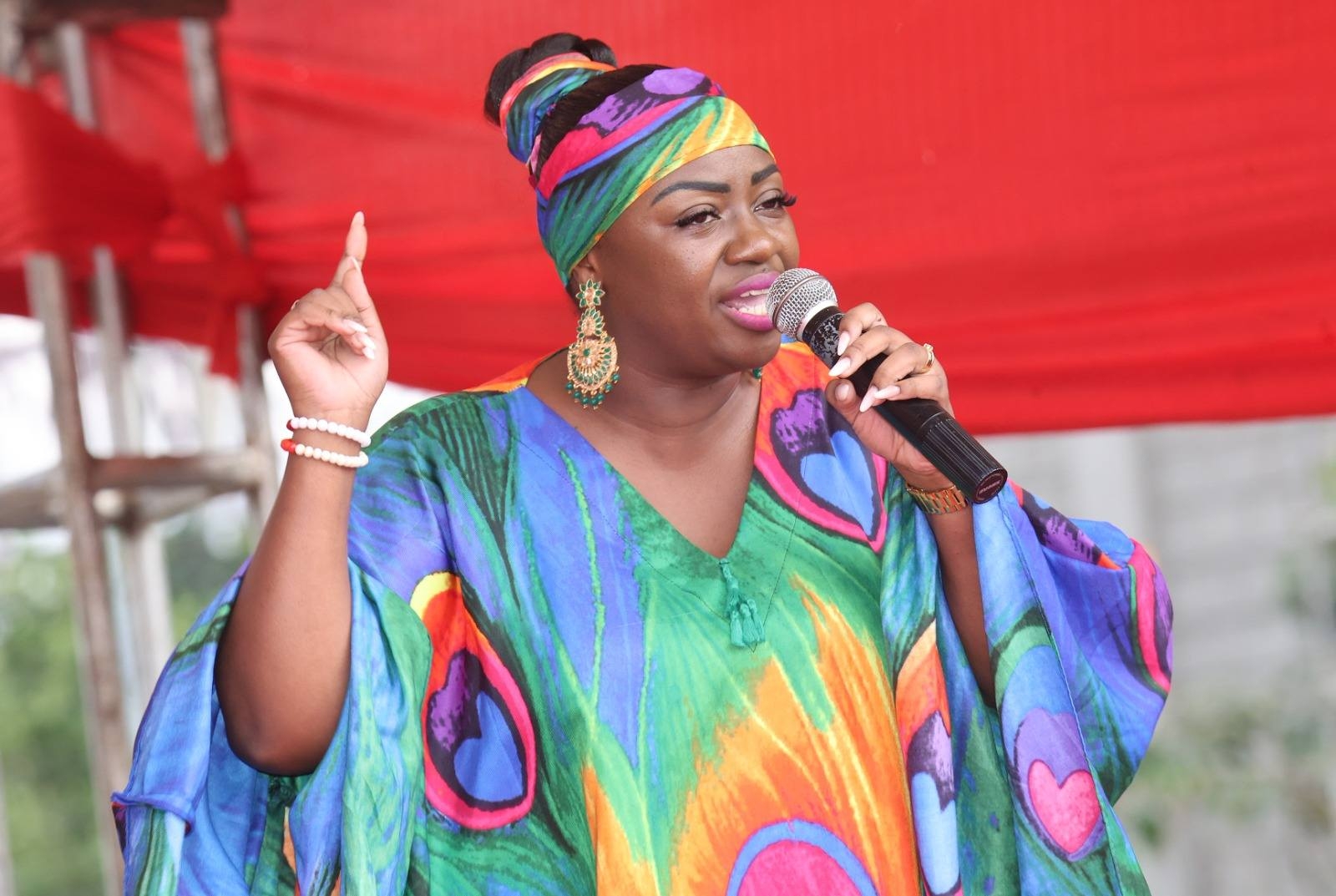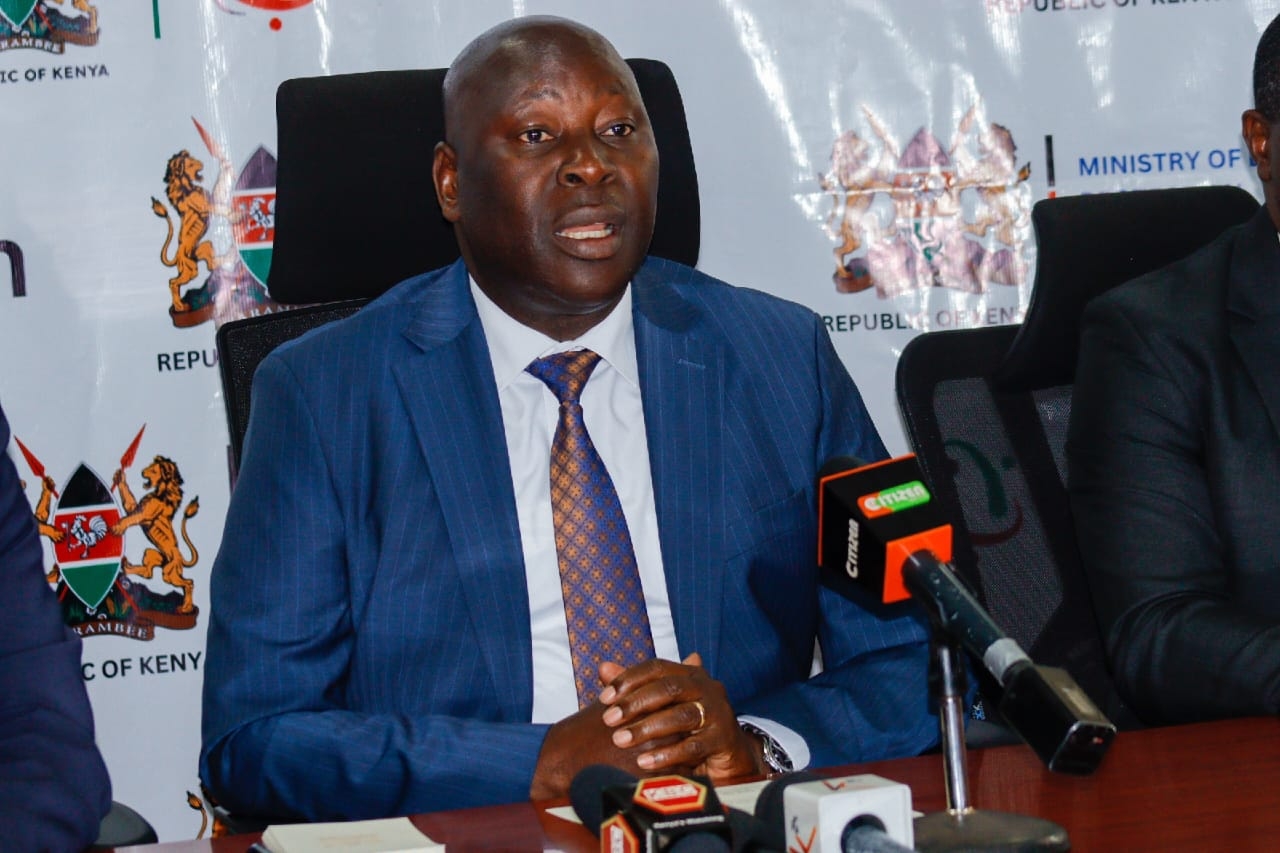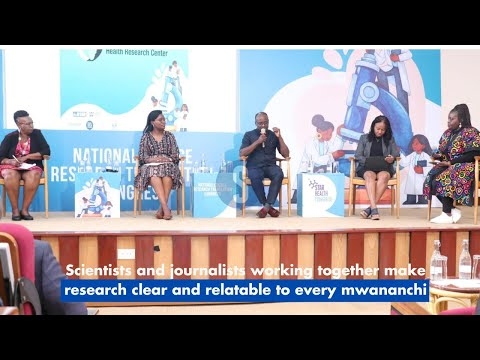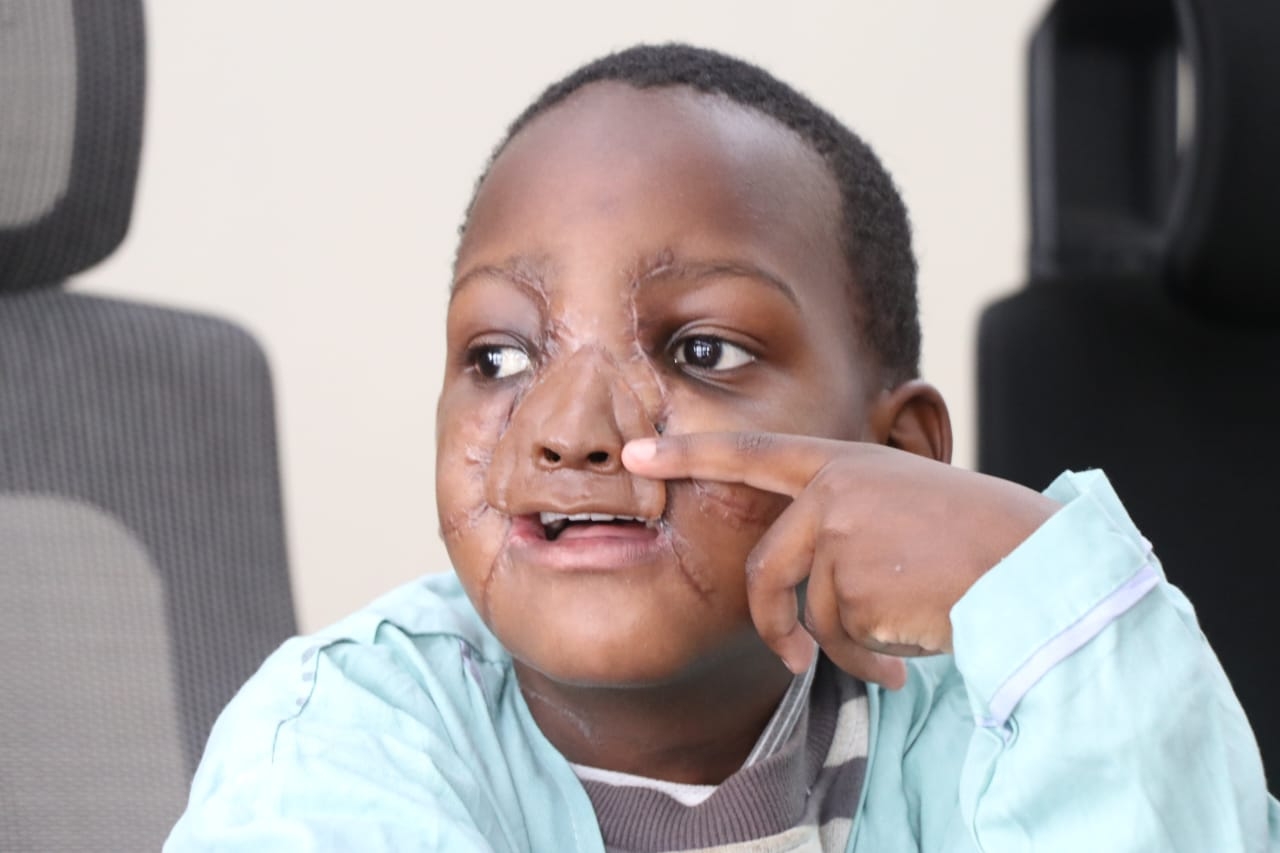Since the Covid-19 pandemic struck the world, many people have been living in fear, with unanswered questions about how to control it.
The lives and livelihoods of many people came to a standstill during the first wave of the pandemic. Researchers worked round the clock to come up with vaccines to bring the disease under control.
Due to limited knowledge and myths, there was low uptake of the vaccine. Though it is free and widely available, people are still skeptical about getting the jab.
Despite being a scientist, James Juma, who works at a local firm, has not been vaccinated, and he is not ready to go for the vaccine.
“Having free vaccines in our country is not the issue. The history about vaccines is that it takes close to 10 years to develop one, so the corona vaccine has been rushed,” he said.
Juma says vaccines are usually approved by the Food and Drug Administration (FDA) entity, which he says did not approve the Covid-19 jab, one of the reasons that make him question the vaccine.
“The Covid-19 vaccine was never approved by the FDA and that means we cannot sue anybody if there is a catastrophic event,” he said.
Contrary to his belief, however, the World Health Organization and FDA, an American entity, made an emergency use approval of the vaccines before their distribution to different countries around the globe to save the situation.
Juma also said vaccines are always administered once, and it's for life, for example, polio and measles vaccines. The Covid-19 one, on the other hand, is administered twice for a person to be fully protected from the disease, except for Johnson and Johnson, which has one jab.
“According to my knowledge, a vaccine should be given to a person once but for corona. How many boosters does it have? They are two and still counting, yet people are still being told to put on masks and keep distance. Why? And they are vaccinated,” Juma said.
Despite the loss of lives the world has experienced, Juma believes corona is not fatal and it only kills people with underlying conditions.
“It is questionable why there is a hurry in administering this vaccine yet the survival rate of such a disease is 98 per cent. It only kills those with underlying diseases, such as heart disease, blood pressure, diabetes, cancer, HIV, and so on,” he said.
“Malaria kills more people than corona and it is not declared a pandemic.”
THE JAB AFTERMATH
If Juma's vaccine hesitancy as a scientist is baffling, it is outdone by some health workers who have not been vaccinated despite being frontline workers, who deal with Covid-19 patients directly on a daily basis.
Dennis Mwakio, a health professional, said he has not been vaccinated because the vaccine has not been approved to treat Covid-19.
“The sensitisation being done by the government does not give me confidence to take it because I still do not understand how it works. I cannot put something that I do not know and do not understand how it works in my body,” he said.
Different developed countries came out to help Kenya in accessing different types of vaccines, including AstraZeneca, Moderna, Pfizer and Johnson and Johnson, which have been distributed in health facilities.
The Ministry of Health has worked hard to educate the public on the importance of vaccines in their bodies, which reduces the chances of being infected, and in case any person gets infected, the effects will be mild, unlike that person who has received the jab.
When the third wave of Delta variant hit the country in early May 2021, many people lost their lives, especially in the Nyanza region, where the first case was detected.
This created fear in people who saw their loved ones losing their lives and decided to change their perception towards the disease and since then, people are now going for the vaccine.
Mary Muganda said she was among the first people who went for the jab when it arrived in Kenya in March.
“When I heard of the vaccine, I did some personal research about it and asked our family doctor how it works in the body. He explained to me and encouraged me to go for it and that is when I gained the courage to be vaccinated,” she said.
Muganda, who received the AstraZeneca jab, said after taking the dose, she experienced side effects in the body for three days before her body came back to normal.
“After taking the jab, I did not sleep at night. I had headaches and body fever but took painkillers to relieve the pain,” she said.
She said the doctors had prepared her about it and advised her to use painkillers and that the pain would not last long.
“The side effects created some fear in me and I was scared to go for the second dose but I made up my mind and went for the second dose. I did not experience any effects after taking the second dose,” she said.
Patrick Mwanzia said at first, he was so scared of taking the vaccine after reading so many stories about it on social media.
“I told myself I will not go for it or allow any member of my family to be vaccinated, but I later understood its importance and went for it,” he said.
He did not sleep for five days after receiving the jab. Despite taking painkillers, he had strong body aches, lack of appetite and fever.
Mwanzia said he was worried about his situation and started reflecting on what was being written on social media about the effects of vaccines, but the doctors kept reminding him he would be okay.
“I went through a difficult time after taking the first jab, which was Moderna, but that did not stop me from going for the second dose, although my appetite reduced and until today, I do not eat the way I used to before taking the jab,” he said.
Despite Mwanzia being among the people who have been fully vaccinated, he said he is afraid of allowing his family to go for the vaccine.
“From what I experienced, I am afraid of allowing my wife and my children to go for the vaccine because I do not want them to go through the pain I went through,” he said.
VACCINE MYTHS
Despite the WHO and health professionals around the world trying to bring the solution of Covid-19 because prevention is better than cure, many people still have a negative perception towards the vaccine due to myths and misconceptions being spread on social media.
This has created fear, especially in women, who believe the vaccines can affect their fertility.
Confusion arose on social media when articles were published stating how the spike protein of coronavirus was the same as another spike protein called syncytin-1, which is involved in the growth and attachment of the placenta during pregnancy.
The report, which professionals said was false, said getting Covid-19 vaccine would cause a woman’s body to fight these two different spike proteins and affect her fertility.
According to research, the vaccine encourages the body to create copies of the spike proteins found on the surfaces infected with coronavirus and also teaches the body to fight.
Many people, including health professionals, also argued that they cannot go for the vaccine because researchers rushed the development of the vaccine and, therefore, its effectiveness and safety in the human body cannot be trusted.
The WHO came out to clarify on the matter, saying the vaccine developers gathered the information faster because the disease was so contagious and spreading widely.
Companies began making vaccines early in the process before FDA could authorise because the project had plenty of resources as governments invested in research and paid for vaccines in advance.
As the nation continued to encourage the public to take the jab, a good number of people vowed not to go for it because they believed the vaccines have dangerous side effects.
Scientists say vaccines have effects but they are not as dangerous as people think.
Some people experience pain where they have been injected. They may also experience body aches, headaches or fever, lasting for a day or two.
These are signs that the vaccine is working to stimulate your immune system and if the pain persists, one is advised to seek medical attention.
GOVERNMENT APPROACH
The Kenya government has created platforms for people to know the importance of being vaccinated by doing sensitisation and creating awareness in the communities.
Different organisations have also come out to help preach the gospel of educating and informing people on the need to be vaccinated as a way of protecting the body from the infection.
The Health ministry rolled out mass vaccination initiative in different regions and education of people to ensure every person understands the need for vaccines.
In Mombasa county, Public Health chief officer Pauline Oginga said the county government is doing everything possible to scale up vaccination by improving its access despite it being voluntary.
“We have divided the vaccines according to facilities to avoid the confusion, although we have more than one vaccine in hospitals with bigger volume. We are also taking caution to ensure we give the right vaccine to patients and also to ensure we maintain the cold chain of the vaccines,” she said.
Oginga said that the county is working with community health workers in advocating to people to go and get vaccinated and ensure they follow the Health ministry guidelines.
Kenya Medical Practitioners, Pharmacists and Dentist Union Mombasa secretary Shaban Nassir said vaccines are widely available and can be accessed in all facilities in the country.
He said there is need for the government to do more medical education, which has been preceded by the social media propaganda.
“The medical education is still low. A lot of people still hold the propaganda in their hearts because they preceded the scientific explanation,” he said.
“So, for you to erase something which is already there, you need to put in extra efforts. We need to use religious places and educational institutions to inform people that vaccines are safe.”
He said the number of people who have so far been vaccinated in Kenya is still low compared to the general population.
“We need to do more campaigns just the way we have been campaigning for polio vaccine, leaders should help in refreshing the minds of the public with scientific knowledge about the covid-19 vaccines,” he said.
Edited by T Jalio


